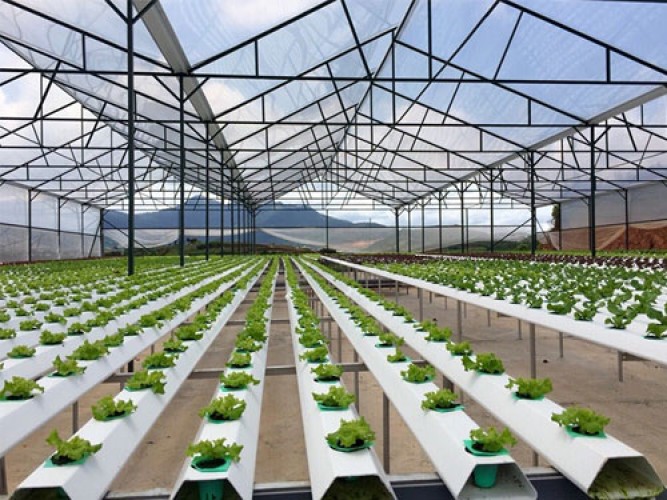- Giới thiệu
- Nhóm Công tác
- Tin tức
- Thông tin về FTA
- Tài Liệu
- Sự kiện
- Liên hệ
- A proposal for harmonized mandatory front-of-pack nutrition labelling to enable consumers to make health conscious food choices (by Q4 2022)
- A proposal to require origin indication for certain products (by Q4 2022)
- Nutrient profiles to restrict the use of nutrition and health claims on food that is high in salt, sugar and/or fat (by Q4 2022)
- Initiatives to stimulate reformation of processed food, including the setting of maximum levels for certain nutrients (by Q4 2021)
- A revised EU legislation on Food Contact Materials to improve food safety, ensure consumers’ health and reduce the environment footprint of the sector (by Q4 2022)
- A proposal for a sustainable food labelling framework to empower consumers to make sustainable food choices (by 2024).
EU’ Farm-to-Fork Strategy for the future of food in Europe
The EU Commission unveiled its Farm to Fork and Biodiversity strategy this week with the aim of creating a more ‘robust, secure, and sustainable food system’.

According to the Commission this is the “first time in the history of EU food policy that we propose a comprehensive agenda for all stages of food production”.
It lists 27 measures (many still subject to further studies, consultations, and other impact assessments) which it says will pave the way for greener food production, healthier and more sustainable diets, and less food waste.
These include:
The strategy sets concrete targets to reach by 2030, including a 50% cut in the use and risk of pesticides, a 20% cut in the use of fertilizers, a 50% reduction in sales of antimicrobials used for farmed animals and aquaculture, and a target to increase the size of EU’s agricultural land dedicated to organic farming to at least 25%.
In terms of food waste, the Commission is considering options to simplify date marking on foodstuffs and to promote better understanding and use of date marking among manufacturers and consumers. The revised Waste Framework Directive adopted on 30 May 2018, for example, calls on the EU countries to reduce food waste at each stage of the food supply chain, monitor food waste levels and report back regarding progress made. It also requires EU countries to prepare food waste prevention programmes (as part of general waste prevention programmes) and encourage food donation.
Concrete plans in line with the EU’s biodiversity and climate neutrality ambitions include targets for planting at least 3 billion additional trees in the EU by 2030.
The Commission said that in order “to provide space for wild animals, plants, pollinators and natural pest regulators, there is an urgent need to bring back at least 10% of agricultural area under high-diversity landscape features”.
Source: FoodNavigator
Tin liên quan
PSAV Attends the 30th Anniversary Celebration of Cargill Vietnam2025/10/23
Plant health management helps increase coffee yield up to 15%2025/10/16
An Giang to host 2025 OCOP forum for sustainable development2025/09/25
Viet Nam and France foster cooperation on blue economy and sustainable environment2025/09/29
Agriculture and Environment exhibition ready for National celebration2025/08/27



 Điều lệ hoạt động
Điều lệ hoạt động



















































